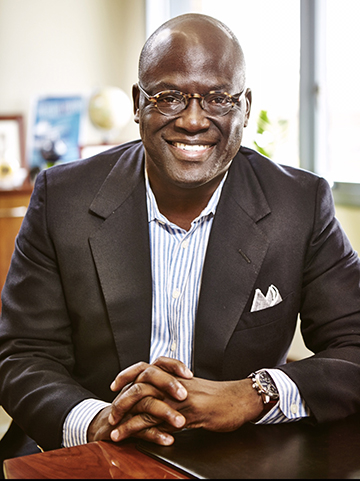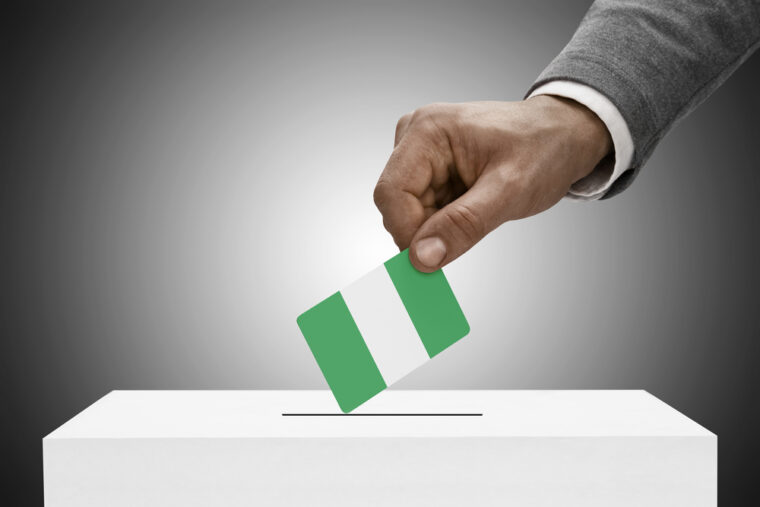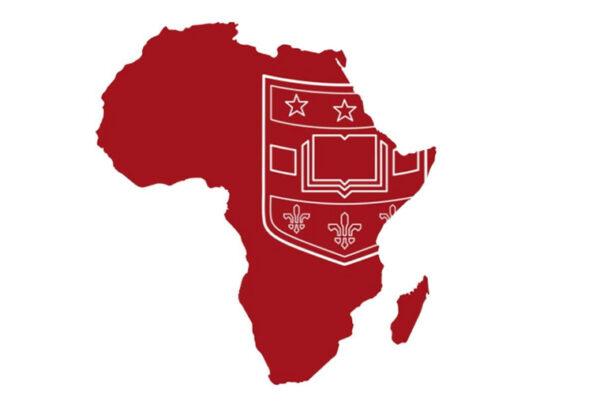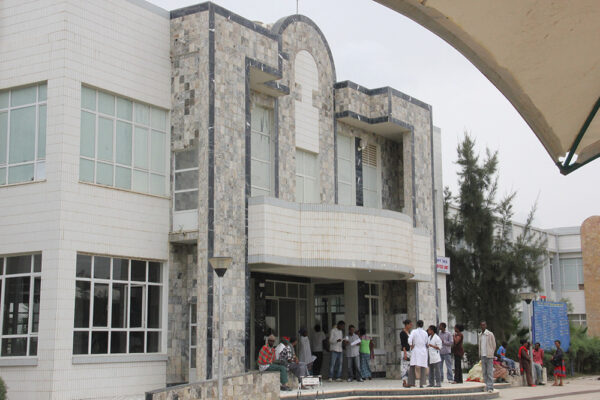On Saturday, Feb. 16, millions of Nigerians will go to the polls to choose their next president. Although the field includes some 70 candidates, two are considered true frontrunners, and experts say the race between current president Muhammadu Buhari and his main opponent, Atiku Abubakar, is too close to call.
A Washington University in St. Louis expert in African policy says the vote is a consequential event, one that will determine critical steps forward for Africa’s most populous country and largest economy.

“The winner of this election will have a chance to address such monumental issues as the 89 million Nigerians who are living in an abject state of poverty,” said Benjamin Akande, senior adviser to the chancellor and director of Washington University’s Africa initiative.
“The need for job creation to combat the 70 percent unemployment rate among youths there is an important priority for the winner. This is an election of hope and consequence for one of Africa’s staunchest U.S. allies. Nigeria is projected to have the world’s third-largest population by 2050; thus, Saturday’s election is a really big deal locally and globally.”
While the vote takes place on Saturday, the Nigerian election commission likely won’t announce results until early next week. Regardless of who wins, Buhari, a former military general, and Abubakar, a business tycoon and former vice president, will also face pressure to stem the tide of violence from Boko Haram, the group that continues its terror strikes throughout the nation.
A Nigerian-born American, Akande has dedicated his career to African research, teaching and learning, with a particular focus on political economies across Africa. Formerly serving as president of Westminster College in Fulton, Missouri, and as a tenured professor of economics and dean of the George Herbert Walker School of Business & Technology at Webster University, he holds two master’s degrees and a PhD in economics.
Akande is available for comment and may be reached by email at benjaminakande@wustl.edu.



